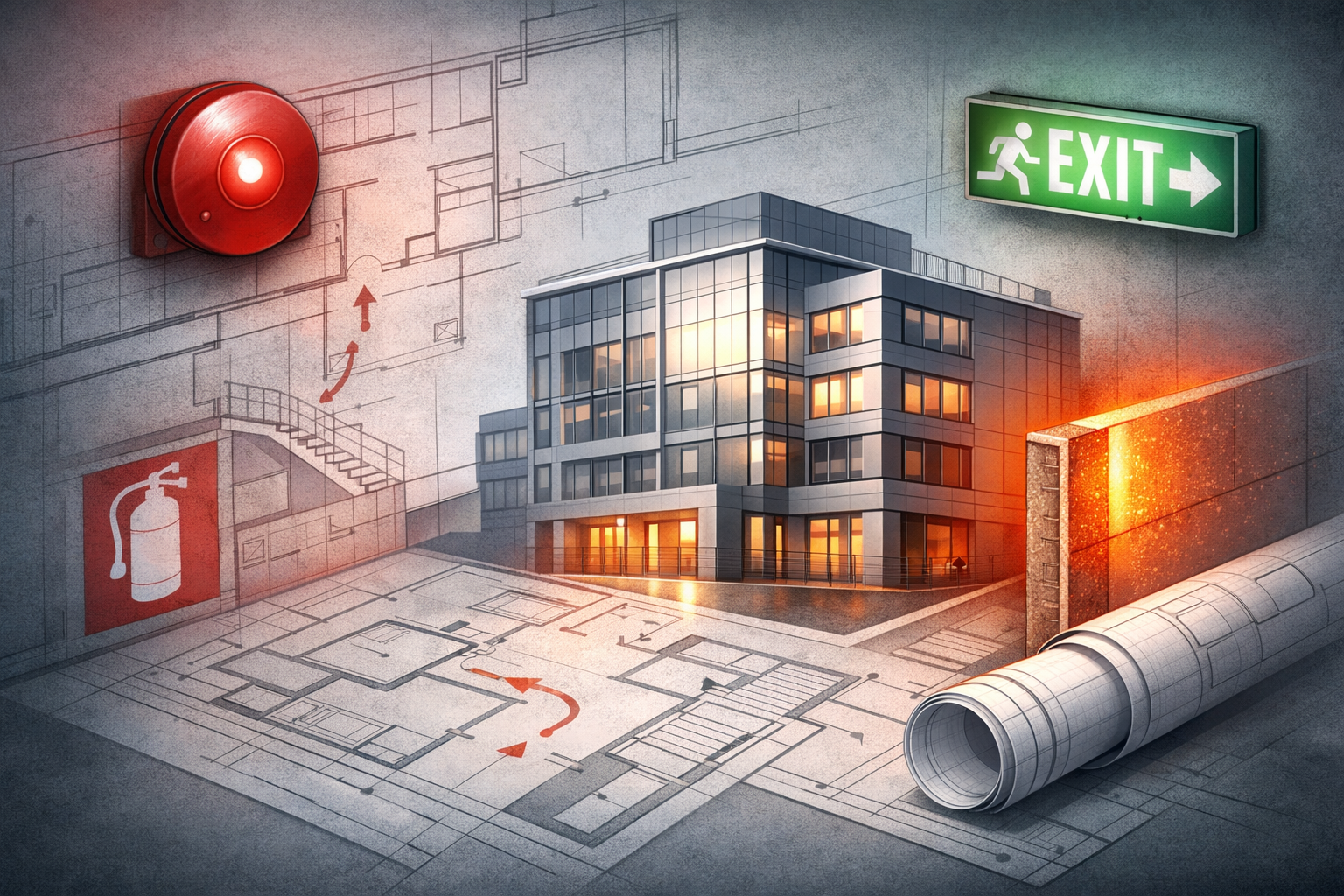
Electricity is essential in our daily lives, but it also presents potential hazards. Whether you're running a business or ensuring your home remains safe, understanding the importance of electrical safety is crucial. At Highland Services, we're committed to helping you maintain safe electric systems, and with over 50 years of experience, we know that prevention is key. Here are our top electrical safety tips for both businesses and homes.
1. Regular Inspections Are a Must
Routine inspections are vital for ensuring that your electrical systems are functioning correctly and safely. Businesses, in particular, should schedule regular Electrical Installation Condition Reports (EICRs) to comply with UK regulations. These reports check for damage, deterioration, and potential safety risks in your system, helping prevent issues before they arise. Homes, too, should be inspected every 5-10 years, especially older properties.
2. Don't Overload Circuits
Overloading sockets or extension leads is a common cause of electrical fires. Always be mindful of how many devices you're plugging in and avoid overloading circuits. Businesses with high electrical demands should consider consulting an electrician to ensure their circuits are designed to handle the load safely.
3. PAT Testing for Business Equipment
If you run a business, it's essential to ensure that all portable appliances are safe to use. Portable Appliance Testing (PAT) identifies any faults in electrical equipment, reducing the risk of shock or fire. While not a legal requirement, regular PAT testing is highly recommended, especially for businesses.

4. Install RCDs (Residual Current Devices)
A Residual Current Device (RCD) is a lifesaver. It cuts off the electricity if it detects a fault, preventing electric shocks and potential fires. RCDs are essential for homes and workplaces alike. Ensure they are installed and regularly tested by a qualified electrician.
5. Stay Safe Around Water
Water and electricity don't mix. In both homes and businesses, ensure that electrical equipment is kept away from water sources. In kitchens, bathrooms, or areas exposed to the elements, take extra precautions to prevent accidents.
6. Use Qualified Electricians
Whether you're installing new lighting in your home or upgrading the electrical system in your office, always use qualified and certified electricians. At Highland Services, our NICEIC-approved electricians ensure that every job is completed to the highest standards, adhering to the latest regulations to keep you safe.

7. Emergency Lighting and Safety Systems
For businesses, ensuring that emergency lighting is installed and functioning correctly is not just good practice - it's a legal requirement. Emergency lighting guides occupants to safety during power outages or emergencies. Regular testing and maintenance of these systems can make all the difference in critical situations.
8. Teach Electrical Safety in the Workplace
Safety isn't just the responsibility of the electrician - everyone should be aware of basic electrical safety. Businesses should ensure their employees are trained to recognise potential electrical hazards, know what to do in an emergency, and understand the importance of maintaining safe electrical practices.
9. Regularly Test Smoke Alarms
Smoke alarms are your first line of defence against electrical fires. Regularly test and maintain them in both your home and workplace. For businesses, consider investing in integrated smoke and fire alarm systems that work seamlessly with your existing electrical infrastructure.
10. Be Proactive About Electrical Upgrades
Old wiring and outdated systems are more prone to faults and failures. If your property is more than 25 years old, it might be time to consider an electrical upgrade. A rewiring project can enhance safety and efficiency, reducing the risk of fire and lowering energy bills.

Conclusion
By following these electrical safety tips, you can significantly reduce the risk of accidents in your home or business. At Highland Services, we’re here to help with all your electrical needs - from inspections and repairs to full installations. For more information or to schedule an inspection, contact us today.




.png)